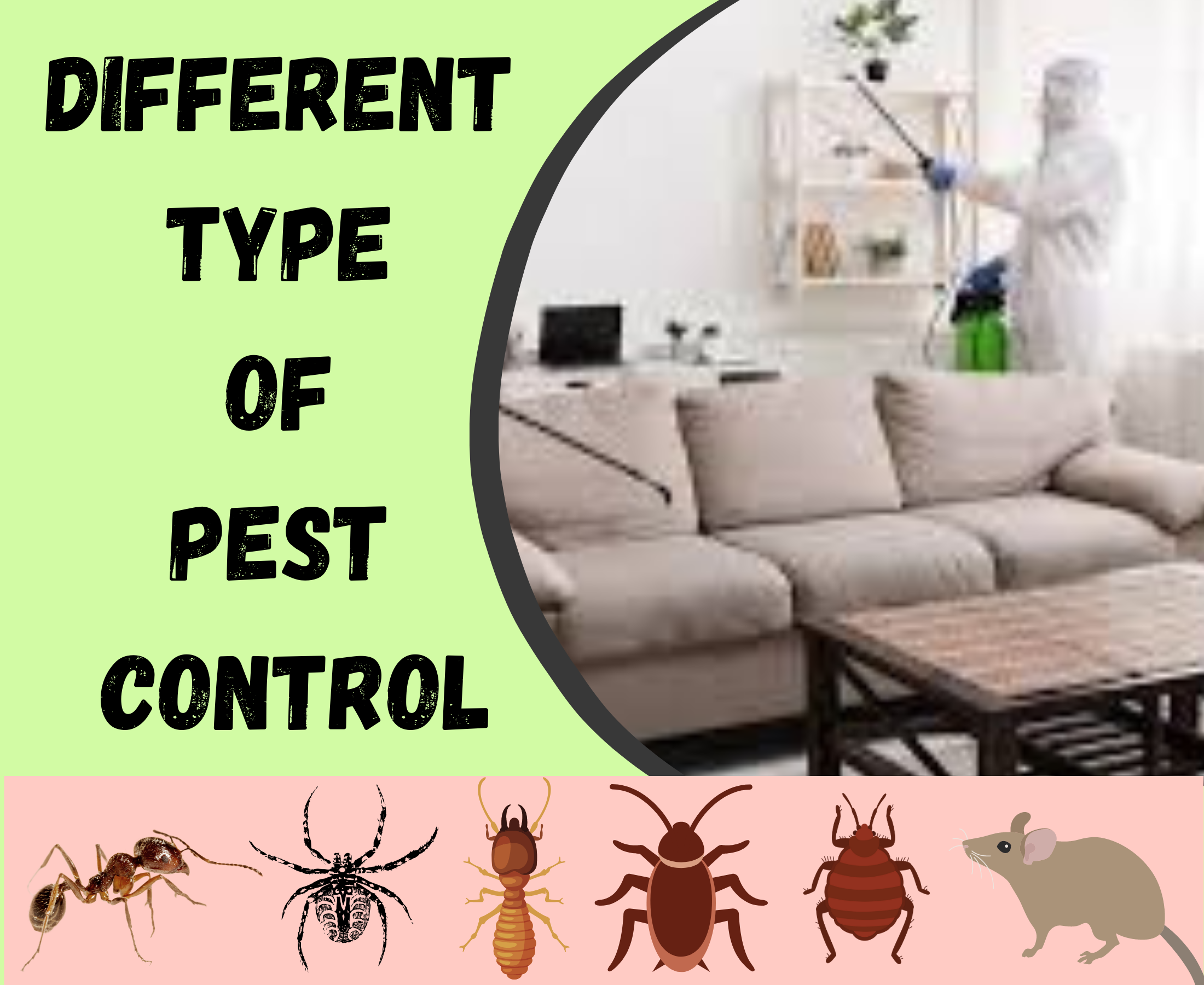The 7-Second Trick For Pest Control
The 7-Second Trick For Pest Control
Blog Article
Pest Control Can Be Fun For Everyone
Table of ContentsFascination About Pest ControlHow Pest Control can Save You Time, Stress, and Money.Pest Control - TruthsThe Greatest Guide To Pest ControlPest Control Things To Know Before You Buy
Limitations of Chemical Monitoring Have the ability to assess insect problems, determine if administration is required, and make proper recommendations making use of IPM methods. Know with various techniques of parasite monitoring - their benefits and constraints. Comprehend the worth of beneficial pests. It is not possibleor also desirableto rid gardens of all parasites.This chapter discusses (IPM), a technique that uses knowledge regarding pests and their, practices, nonchemical methods, and pesticides to manage insect troubles. Extra details about IPM for specific plants is included in phases that focus on those plants. Parasites in a garden or landscape might consist of bugs and mites, weeds,, animals, and birds.
Lots of individuals rush to pull, hoe, or spray every weed they see. Pests and weeds, nonetheless, contribute in the. After growing a yard or establishing a grass, the all-natural procedure of plant sequence starts to improve and nonnative plants. A weed expanding in a yard stands for the first phase in a sequence of occasions that, if enabled to proceed, can eventually cause a forest.
What we call "bugs" are part of an all-natural system at work. Only human beings think about particular species parasites when they take place where they are not desired.
The 30-Second Trick For Pest Control
Insects vulnerable to a chemical were swiftly eliminated, leaving resistant ones to breed and multiply. It became clear that pesticides alone would not fix all bug troubles. Rather, overuse of chemicals caused the development of immune insects. Scientists started to create a new technique to pest control. This new approach was called incorporated insect management (IPM).
An IPM strategy permits some degree of insects in the setting. Parasites are a lot less most likely to endure a program that uses several approaches of minimizing their populations. Integrated bug monitoring was very first suggested by entomologists due to the fact that pests were the initial team of pests to prove hard to manage with chemicals alone.
pest and host properly. and consider financial or aesthetic injury. A threshold is the point at which activity should be taken. a therapy method making use of mechanical, cultural, organic, or chemical controls, or a mix of these strategies. success of therapies. IPM has actually prolonged beyond insects to management of all pest populations: weeds, disease organisms, and mammals.
A Biased View of Pest Control
Management instead than obliteration of bugs is the goal. An IPM plan starts with a cautious evaluation of each parasite problem.
Clover growing in a grass might be seen as an undesirable weed, however as a bean it is synthesizing nitrogen for site here the dirt and the blossoms are providing nectar to honey and other. Resistance for some weeds might be component of an IPM strategy. may be eating the leaves of a plant, yet when they are recognized as the larvae of Eastern tiger swallowtail butterflies, their damage might be endured so we can delight in the beautiful butterfly.

The 2nd crucial tool in pest management is early intervention. Being present and watchful in the yard guarantees very early detection. Responding to issues rapidly, before they have time to increase, calls for a much less dramatic intervention. The third most vital tool is i was reading this recordkeeping; tracking what takes place in the yard allows a gardener to identify patterns and make informed decisions.
Pest Control Fundamentals Explained
Numerous risk-free, sensible, nonchemical approaches of plant defense and parasite management may decrease or get rid of the requirement to spray. Other approaches are most valuable when utilized with chemicals. To carry out administration methods properly and to lessen losses, gardeners need to be conscious of the sorts of parasites that attack plants and understand pest biology.

Carrying out a soil test and applying only the recommended quantity of plant food and lime makes the most of the benefit to the plant while minimizing troubles associated with extreme use plant food - Pest Control. Treatment the soil with numerous inches of compost shields the plant in several ways: decreasing dirt water loss to dissipation, lessening weed competitors, offering nutrients, and creating a suitable setting for earthworms and microorganisms that maintain the dirt loose for origins and break down natural product to launch nutrients
If mulch touches the trunk, it can produce a means for voles, germs, and fungi to assault the plant. Do not use manure or compost that has not completely broken down as a leading clothing since it can urge unwanted parasites. Research suggests that tilling the soil is damaging to soil framework.
Pest Control Things To Know Before You Buy
If tilling is regarded needed, consider doing it in the autumn when the life cycles of many insects brings them near the surface area. At the surface, bugs become subjected to the climate as well as birds and other natural enemies.
Report this page